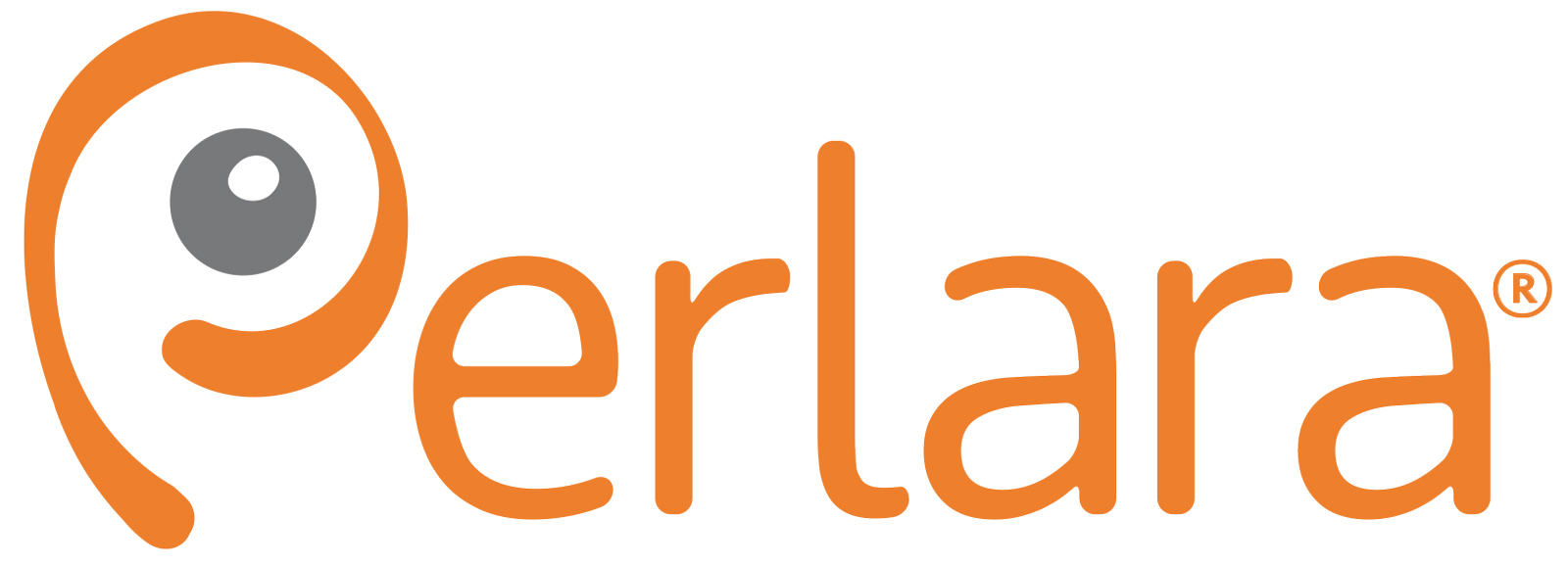Perlara announces APOL1 kidney disease PerlQuest partnership with Rambam Medical Center
San Francisco, California, December 27, 2018
Perlara, the rare diseases platform company that partners with highly motivated families, organizations, researchers and impact investors to cure rare genetic diseases, today announced an APOL1 kidney disease PerlQuest co-development partnership with Rambam Medical Center in Haifa, Israel, and the laboratory of leading nephrologist and kidney disease researcher Dr. Karl Skorecki.
APOL1 kidney disease is a group of nondiabetic chronic progressive kidney diseases which include forms of hypertension with reduced kidney function, Focal Segmental Glomerulosclerosis, lupus nephritis and HIV associated nephropathy. There are two common APOL1 (apolipoprotein) risk variants, G1 and G2, that increase incidence of kidney disease in African Americans and sub-Saharan African populations via an unknown mechanism. Individuals with two risk variants are at a greatly increased risk for developing progressive kidney disease, often with urinary protein leakage. Genetic risk for APOL1 kidney disease affects ~100 million people worldwide, with approximately 50% of African Americans and a similar percentage of the sub-Saharan African population carrying at least one risk allele. With dialysis and kidney transplants being the only treatment, there is an urgent need for a therapeutic approach.
In this PerlQuest, Perlara will adapt the APOL1 G1 and G2 risk allele fly models generated by Dr. Karl Skorecki’s research team to its screening platform. Additionally, Perlara will engineer and phenotype APOL1 G1 and G2 risk allele nematodemodels. Perlara will then screen its drug repurposing library on these models to identify repurposable approved drugs as well as GRAS (generally recognized as safe) compounds that rescue the disease phenotypes in the fly and nematode models.
“APOL1 kidney disease affects millions of people, and there is no available therapeutic approach” says Perlara Director of R&D Nina DiPrimio, PhD. “We are excited to embark on this drug discovery effort in collaboration with Dr. Karl Skorecki, a leading expert in APOL1 kidney disease. The fly G1 and G2 risk allele models developed by his team exhibit screenable phenotypes ready for Perlara’s platform. Both the nematode and fly phenotypic drug screens will yield actionable data that will set the foundation for the discovery of repurposable clinical candidates.”
“The ability to leverage precision disease risk gene discovery with advanced technologies for therapeutic drug discovery to address an important population health disparity and challenge, is an exciting opportunity for our research team”, says Dr. Karl Skorecki. Dr. Skoreckicurrently serves as Dean of the Azrieli Faculty of Medicine of Bar-Ilan University, and his research team is based at the Rambam Health Care Campus and Technion – Israel Institute of Technology in Haifa, Israel.
About Perlara PBC
Perlara is the first biotech public benefit corporation (bioPBC) that discovers cures for rare diseases and learns how genes work across diseases to map connections to common ailments. Perlara embarks on journeys of scientific discovery and drug development called PerlQuests™ with families, patient organizations and BioPharma and clinical partners. The PerlArk™ Platform creates disease models using simple animals that share genetic similarity with humans, allowing screening of massive numbers of disease models and drug candidates quickly and at low cost.
For general information, visit www.perlara.com.
About Rambam Medical Center
Rambam Medical Center is a state medical institution housing 36 hospitalization departments, 45 medical and diagnostic units, 10 institutes, and 6 laboratories.
For more information on Rambam Medical Center, visit https://www.rambamhospital.com/and on Dr. Karl Skorecki’s molecular medicine research laboratory visit https://lokey.technion.ac.il/team/karl-skorecki/.
Media Contacts
For all inquires: Karen Herzog, info@perlara.com, 415-347-8493, @PerlaraPBC

